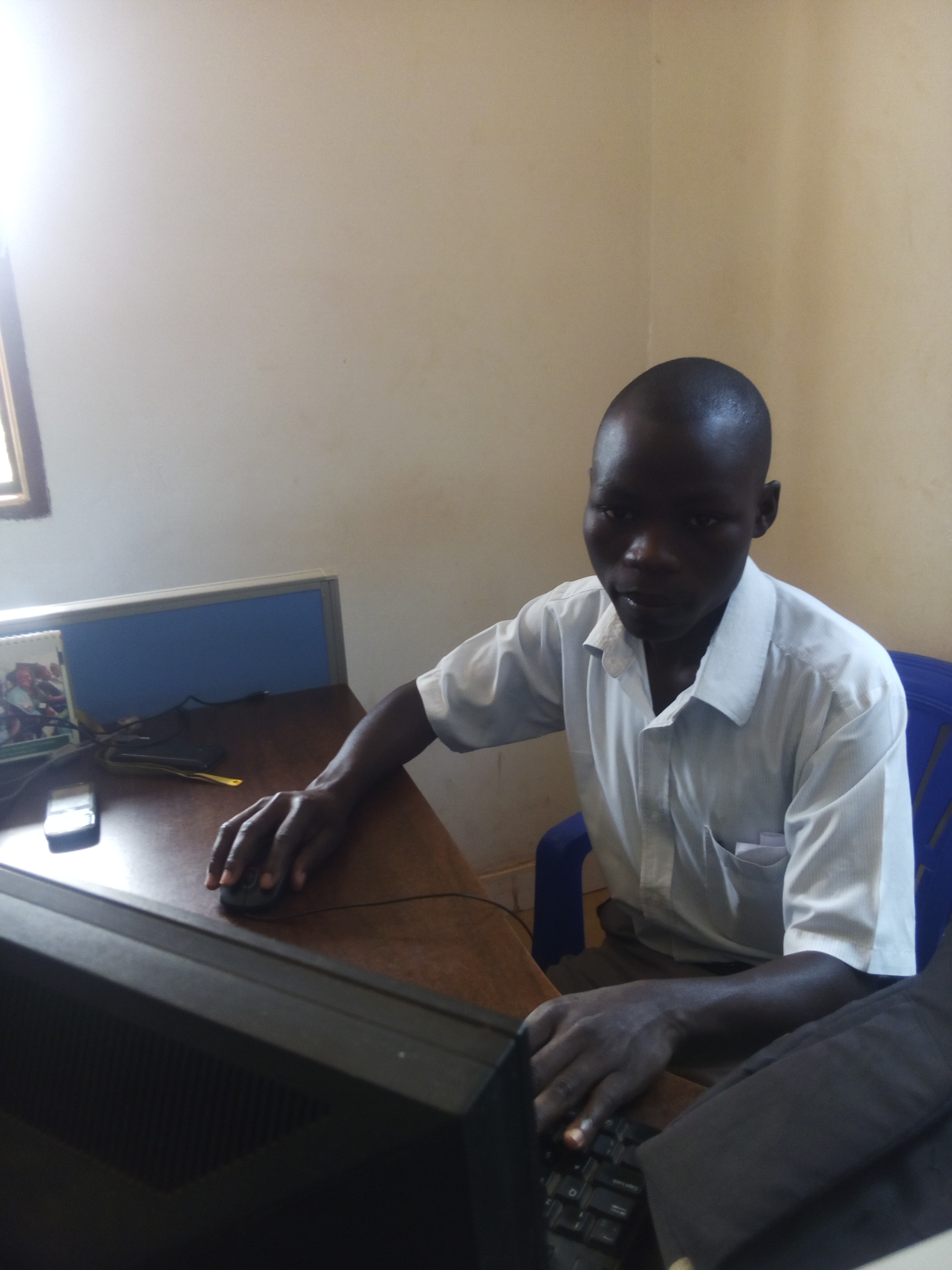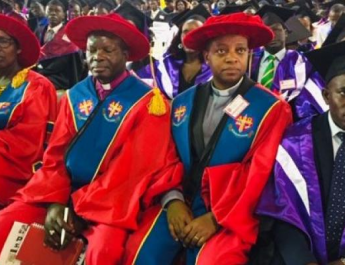Muslims worldwide are celebrating Idd-ul-Adha today. Falling on the 10th day of the holy month of Dhu al-Hijjah, the 12th month of the Islamic calendar, coincides with the annual Hajj pilgrimage to the Holy City of Mecca.
Idd-ul-Adha is marked with animal sacrifice honours Prophet Ibrahim’s unrivalled devotion to the faith and willingness to sacrifice his only son Ismail at Allah’s behest.
To the Muslims around, this was a supreme test of faith.
This year’s Idd however, comes at a time when the world is at war with a deadly pandemic.
In Uganda, Mosques as well as churches have remained closed since March as part of the Covid-19 guidelines. There are also strict restrictions on public gatherings as part of the government social distancing measures.
Muslim leaders across the country have asked the faithful to pray from their homes, observe the health protocols and practice social distancing during the three-day festivities.
The call is intended to prevent the surge of coronavirus infections in the country.
Muslims around the world observe Idd-ul-Adha by slaughtering animals such as goats, cows, sheep and camels.
In preparation for Idd-ul-Adha, Mulsims perform their Hajj by going to Mecca to perform their pilgrimage, the fifth pillar of Islam.
However, this year due to the Covid-19 pandemic, Saudi Arabia banned the activity and allowed only the citizens who live in Saudi Arabia to perform.
Speaking to Daily Monitor on Wednesday, Sheikh Haydari Kizza from Hear Uganda said preparations for slaughtering animals on Idd-ul-Adha started 10 days back . Muslims are supposed to fast until after the prayers.
“These days are called Dhul Hijja, the final month of the Islamic calendar. It is a very blessed month because it’s when pilgrimage takes place as well as the Festival of the Sacrifice and are often referred to as the best 10 days of the year,” Sheik Kizza said
The Do’s
Sheikh Kizza said Muslims are supposed to slaughter halaal animals which are in good condition, mature enough and healthy. Lame and blind animals are not allowed to be slaughtered.
“Since you’re sacrificing to Allah, you have to make sure that the animal you’re slaughtering is in good condition not doing it for the sake of fulfilling the ritual because it’s not a must,” he said.
Sheik Kizza added that one of the ritual Muslims have to follow is slaughtering animal after Idd prayer, it’s not right to slaughter the animal before prayers because you want to eat some after prayers that is not acceptable.
“Idd-ul-Adha is different from Idd-ul-Fitr because Muslims fast in the morning until the prayers are done that is when they break their fast so you have to slaughter after the prayers,” Sheikh Kizza explained.
The director of Dawa from Uganda Muslim Supreme Council, Sheik Imran SSali, explained that after the slaughter, meat is then arranged into three groups of beneficiaries: family, neigbours and then friends.
“According to the Koran you have to make sure that animal you have slaughtered is big enough for three categories. If you have failed to slaughter on Idd Day you still have three more days after Idd upto Swalat Aswiri (around 4)on the third day.”
Sheihk Abdul- salaam Mutyaba, the Imam of Kibuli Mosque, also explained: “Even if you did not prepared to slaughter because of some reasons and you get money on Idd day and two days later, its allowed to performed the ritual.”
Dont’s
Sheikh SSali said one of the common mistakes Muslims do while slaughtering animals is giving out the meat to the needy and friends without giving their families, that is not allowed.
“Even if you’re rich you have to set three categories as it is stated in the Koran you’re not advised to give away the meat to the poor without giving your family,” he said.
Sheikh Ssali added that those slaughtering animal have to make sure they hire a butcher-man who is well versed with rituals of slaughtering animals.
He said Muslims are not supposed to do manicure and pedicure, and cutting off their hair before slaughtering animals because it is also a ritual.

The News Editor ,Reporter at Kagadi Kibaale community Radio




